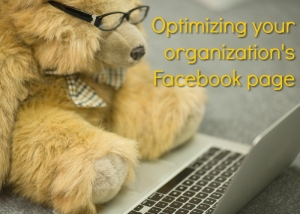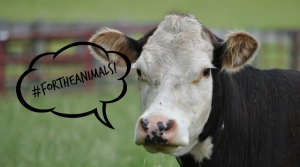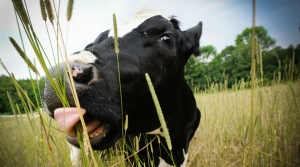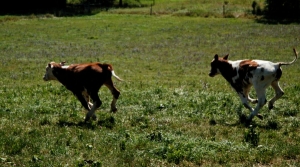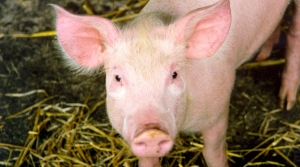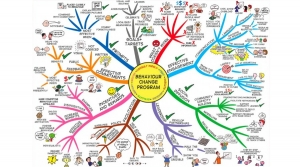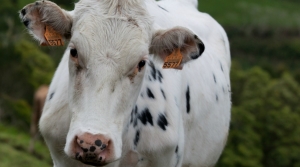Displaying items by tag: Communications
Facebook for Animals: Optimizing your organization's Facebook page
Over the past decade, Facebook pages for animal protection organizations (and any organization, really) have gone from optional to obligatory. Regardless of what kinds of animals you work for, and what your methods are (rescue, policy, etc.), having a presence on Facebook is a must. A Facebook page not only lets people know what your organization is doing, but it creates a channel for you to promote your audience to take action through petitions or contacting policy targets to ask for reform, as well as more pragmatic endeavors, such as building your donor base and growing your email list.
Social Media for #AnimalProtection
Most of us are probably already social media users, and most of the organizations we work for and run already have a presence on social media. But are we using this presence to further our organization’s missions or campaigns as effectively as possible?
What Advocates Can Learn from The Ghosts in Our Machine Impact Report
The last few years have seen the scope and variety of documentaries about humans’ relationship with animals grow and mature, moving beyond cliché diatribes filled to the brim with shocking images and nauseating footage which many people, myself included, avoid at all costs. More recent documentaries have focused on compelling narratives which engage, enlighten, and empower their viewers to learn about the issues and take action. These documentaries have reached millions of viewers through theatrical releases and repeated screenings on major television networks.
Encouraging Positive Actions for Animals: What Advocates Should Know About Motivating the Average Person
As animal advocates faced with difficult and heart-wrenching problems on a daily basis, it can become all too easy to think that the people whose behavior we seek to change operate using the same type of reasoning that we do. When we begin thinking that everyone is operating using the same basic rationale it becomes increasingly difficult to understand why most people, when confronted with the same information, do not adopt the same behaviors that we ourselves have adopted.
Help Companies Take Responsibility toward Animals
Though large companies have a huge impact on animals, they communicate little sense of responsibility for their welfare. This is the sad conclusion of a study I carried out with Professor Muel Kaptein at RSM Erasmus University Rotterdam. Less than half of the 200 largest companies in the world (from Fortune Global 500) make statements of responsibility toward animals on their websites. The other 53% do not mention responsibilities toward animals at all on their websites.
Work Smarter Not Harder: Resources to Improve Your Communications Strategy
Working in animal protection, we all have important issues we are focused on and which we want to raise awareness about. Without raising awareness, many of our issues would see little improvement. However, the fact of the matter is that simply shouting the loudest about our cause won’t necessarily lead to the desired changes. We must work smarter, not harder.
Social Marketing for Animals vs. Social Media Marketing for Animals: Is There a Difference?
When many people hear the term “social marketing” they imagine Facebook, Twitter, and the ever-growing world of social networks, which are increasingly used for targeted and effective marketing. However, “social media marketing” and “social marketing” are actually two different things. While “social marketing” might include social media as an outreach tool, social marketing can also utilize traditional communications channels. So, what is social marketing exactly and how does it apply to animals?

